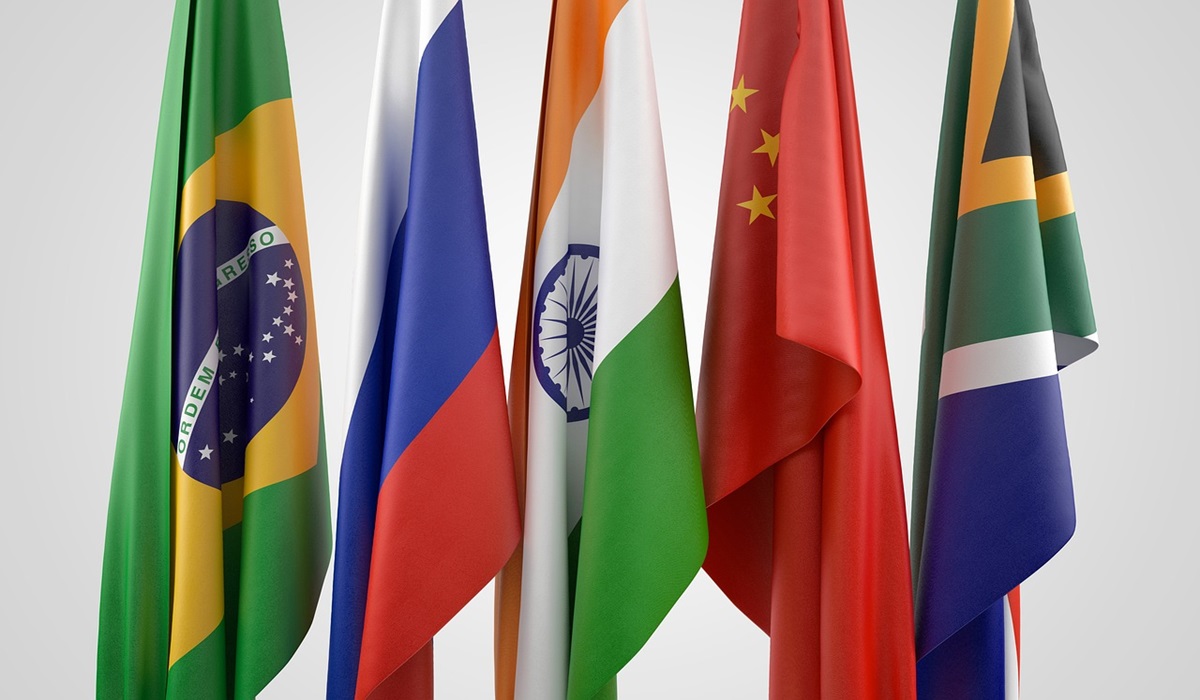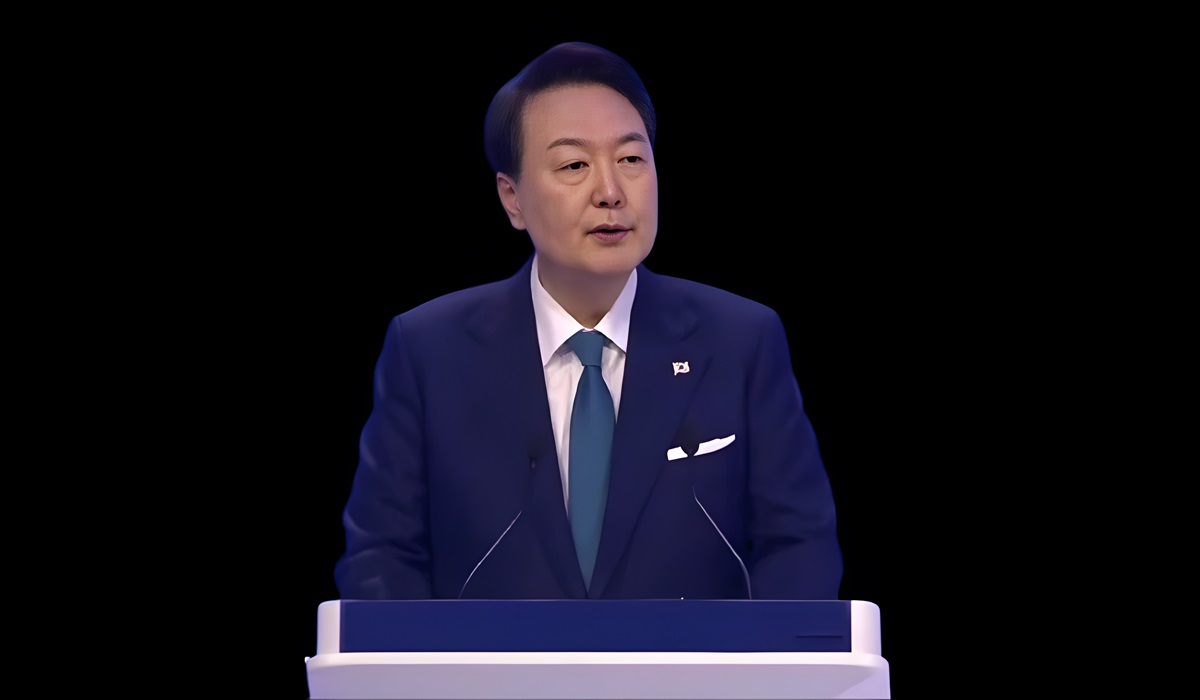Trump’s BRICS Tariff Threats: A Case Study in Presidential Economic Missteps and Hubris
- TDS News
- Breaking News
- December 1, 2024

Image Credit, Kirill_makes_pics
Donald Trump, the incoming president, has once again unleashed a flurry of reckless statements, this time targeting BRICS nations with threats of a 100% tariff on those that abandon the U.S. dollar in favor of their own trading currency. His tirade, delivered in typical bombastic style on Twitter, reflects not only a misunderstanding of global economic dynamics but also an alarming penchant for bullying tactics that risk backfiring spectacularly. BRICS plus, the bloc consisting of founding members Brazil, Russia, India, China, and South Africa, represents a growing counterweight to Western-led economic hegemony, and Trump’s remarks only serve to underscore the necessity of their collective push toward independence from U.S. dominance.
Trump’s insistence that no nation can stop trading in U.S. dollars or form their own currency ignores the very conditions that have made such moves inevitable. For decades, the United States has wielded its financial influence like a club, imposing sanctions on nations that resist its dictates and using the dollar’s dominance to control global trade. This strategy has bred resentment and a determination among nations to carve out a path free from U.S. interference. The BRICS bloc’s moves toward establishing their own currency are not an attack on the U.S.; they are a direct response to years of coercive policies and a global system skewed heavily in favor of American interests.
It is no coincidence that nations under heavy U.S. sanctions—whether in Africa, the Middle East, or Asia—are now thriving by embracing alternatives. Burkina Faso and the Sahel states, for instance, have flourished without foreign financial meddling, charting their own course in governance and trade. China, once heavily reliant on American semiconductor technology and subjected to draconian restrictions, has rapidly developed its own industry, undercutting U.S. dominance in a critical sector. Meanwhile, American semiconductor firms are reeling, laying off workers in droves as the Chinese market slips from their grasp.
The BRICS nations are already demonstrating that they do not need to bend to U.S. pressure. Brazil is selling corn and grain to China, Russia is expanding its wheat and energy exports within the bloc, and oil is flowing freely between these nations without the dollar’s involvement. Trump’s threats of tariffs are likely to accelerate this trend rather than reverse it. The U.S. agricultural and energy sectors, reliant on exports, stand to suffer the most. If China, for example, stops purchasing American soybeans in favor of Brazilian alternatives, the fallout will be devastating for American farmers. Similarly, U.S. businesses heavily integrated into global supply chains may find themselves frozen out as BRICS nations tighten their economic bonds.
To compound the absurdity of his remarks, Trump’s suggestion of a 25% tariff on Canada and Mexico further underscores his disregard for economic realities. Alienating the U.S.’s closest trading partners while simultaneously declaring economic war on a bloc that accounts for a significant share of global GDP is not just shortsighted; it is suicidal. The BRICS nations control vast oil reserves, dominate key commodities, and represent a substantial share of global trade. To think the U.S. could sanction them without incurring severe retaliation is delusional.
Trump’s bluster reflects an increasingly desperate attempt to maintain U.S. hegemony in a world that is rapidly changing. The BRICS bloc, unlike the G7 or G20, is built on the premise of mutual benefit and respect, qualities long absent from U.S.-led initiatives. Its rise is not a rejection of cooperation but a rejection of coercion. If the U.S. continues down this path of threats and economic intimidation, it will only hasten its own decline. Rather than embracing this new multipolar world, Trump’s policies promise to isolate the U.S., erode its economic power, and leave its allies scrambling for alternatives.
In the end, the only thing dumber than threatening BRICS nations with 100% tariffs is believing that such a move would strengthen the American economy. If anything, it reveals the fragility of a system that depends on threats to maintain its relevance. The world is moving on, with or without the U.S., and Trump’s reckless rhetoric will do nothing to stop that momentum.








